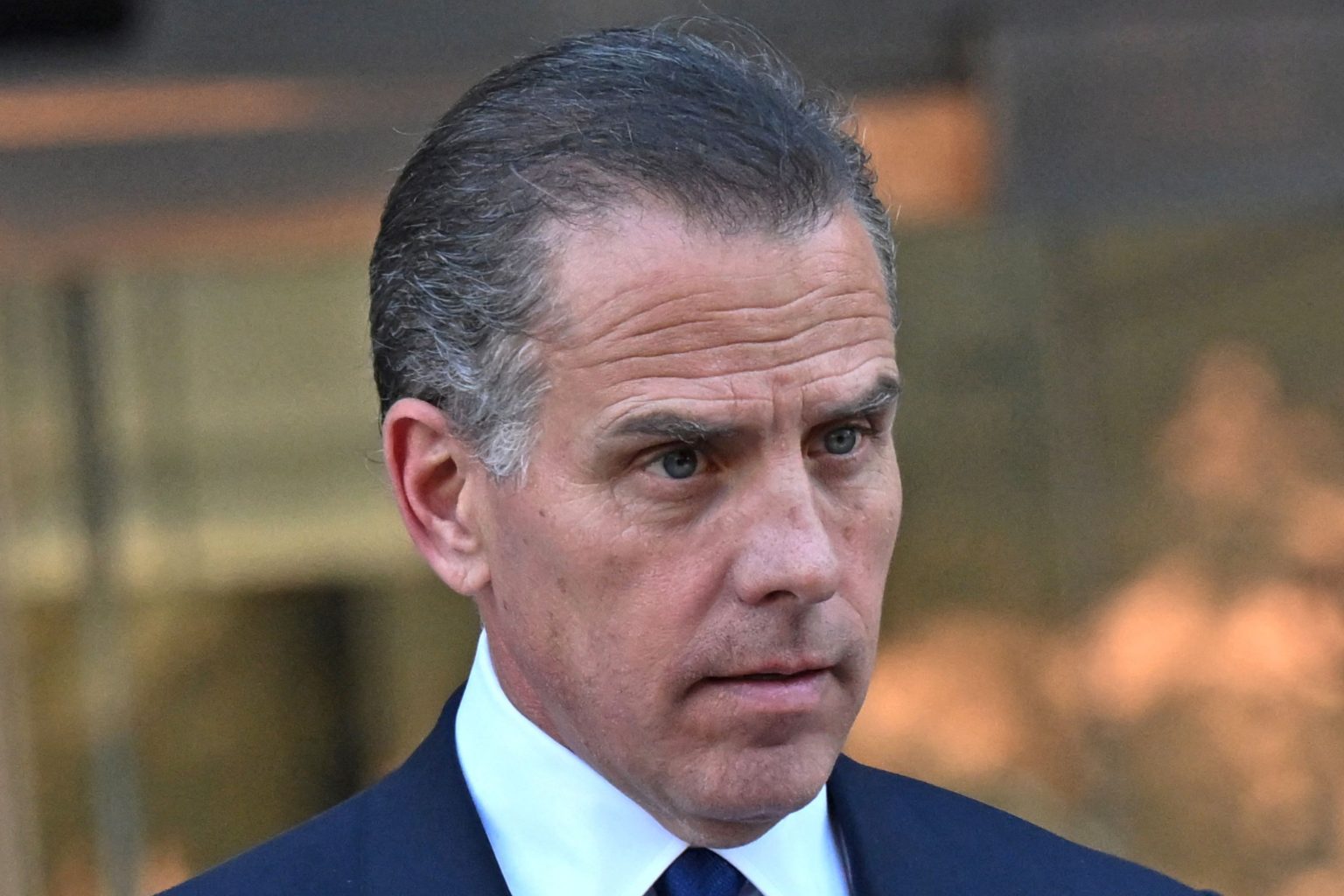House Republicans are taking a closer look at the implications of President Joe Biden’s recent pardon of Hunter Biden, particularly regarding Hunter’s potential to invoke the Fifth Amendment privilege against self-incrimination. House Oversight Committee Chair James Comer indicated that he intends to consult with Pam Bondi, Donald Trump’s nominee for U.S. attorney general, on how the pardon might affect Hunter’s obligations to appear before Congress. On the day of the pardon, President Biden announced that it would absolve his son of any offenses related to firearms charges and tax cases committed between January 2014 and December 2024. This unprecedented move has raised questions among Republican lawmakers about whether Hunter can now be compelled to testify without the possibility of self-incrimination.
In a March session, Hunter Biden had previously declined an invitation from the House Oversight Committee to testify about accusations involving his father, labeling the inquiry as a mere “carnival side show.” During a recent segment on Newsmax, host Rob Schmitt queried Comer about the potential significance of Hunter’s pardon, specifically whether it changes the legal landscape for him. Comer suggested that he looked forward to discussing the pardon’s implications with Bondi, mentioning ongoing concerns about the obstructed requests for various documents and evidence from the White House. Additionally, he claimed that there exist “pseudonym emails” indicating that President Biden may have been in communication with dubious parties connected to money laundering.
Trump’s communications director, Steven Cheung, expressed skepticism regarding the pardon’s legitimacy, framing past legal actions against Trump as politically motivated attacks by a Democrat-led Department of Justice. The ongoing struggles faced by Hunter Biden have attracted significant media attention, with the former vice president’s son set to be sentenced for lying on federal firearms applications and failing to file tax returns. Previously, Hunter was facing serious prison time—25 years for firearms-related convictions and 17 years for tax-related offenses—before the pardon reshaped his legal situation dramatically.
Earlier this year, President Biden had publicly committed to refraining from issuing a pardon for his son, stating he would respect the judicial process. However, his position seems to have shifted, as he later defended the pardon by asserting that public perception of Hunter’s cases was skewed by his identity as the president’s son, arguing against selective prosecution. He conveyed a strong sentiment in his defense, stating there has been an extended effort to “break” Hunter and implied that such attacks were also aimed at him as a parent.
The political fallout from Hunter’s pardon reflects deep partisan divides, with critics portraying it as a misuse of presidential power. Former President Trump utilized Truth Social to characterize the situation as an “abuse and miscarriage of Justice,” highlighting the ongoing tension between Democrats and Republicans regarding the Biden family’s legal troubles. The juxtaposition of Hunter Biden’s legal challenges with investigations surrounding Trump has become a focal point in the political discourse, fueling accusations of bias in how justice is applied based on political affiliations.
As Congress examines the implications of Hunter Biden’s pardon, it remains under scrutiny how it may affect various investigations and the legal framework surrounding congressional testimony. The evolving narrative showcases the complex intertwining of family, politics, and law, as Republican leaders pursue further inquiry into the existential implications of the pardon on Hunter’s interactions with the legislative body. As the debate continues, both sides prepare for potential confrontations over the issue, with the Republican majority aiming to hold the Biden administration accountable through hearings and inquiries while Democrats defend the legitimacy of Hunter’s pardon against accusations of impropriety.

